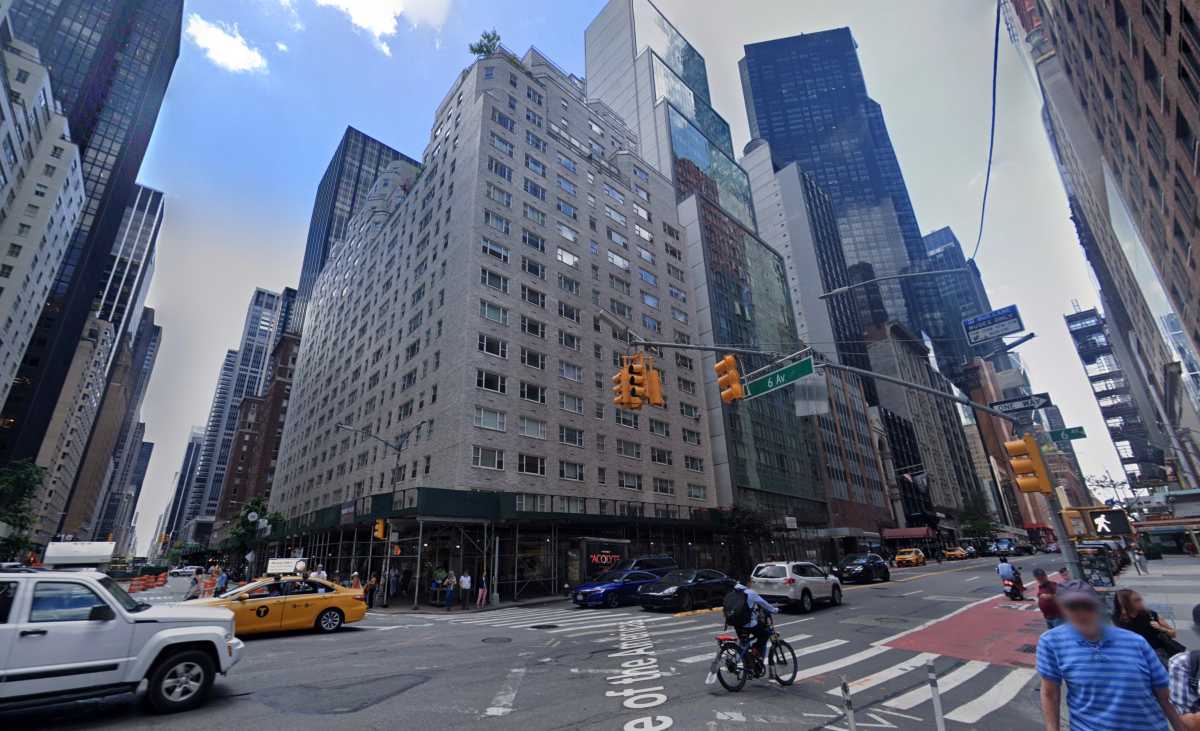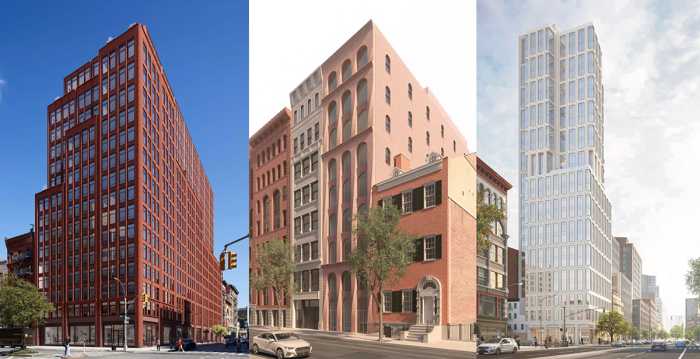A bill aimed at protecting co-op owners’ rights is making its way through the state law-making process and could be “unconstitutional,” a NYC real estate lawyer said on Sunday.
The proposed bill, (S2433/A2619), sponsored by state Sen. Liz Krueger and Assembly Member Linda Rosenthal in their respective chambers, aims to give more rights to people who own co-operative apartments—but not the land underneath.
There are dozens of co-op buildings in NYC that encapsulate thousands of units following this real estate concept, many of them based in Krueger’s and Rosenthal’s Manhattan districts. As part of this design, renters pay monthly maintenance fees to landowners who provide a ground lease.
But Anita Laremont, partner at the law firm of Fried Frank and member of the Board of Governors of the Real Estate Board of New York, said the bill, which has already passed the state Senate, is unconstitutional.
According to the real estate pro, the bill would require tenants to get leases pursuant to rent stabilization law and also give them the right of first refusal (or, first dibs on the sale) if the ground lease is terminated.
“Those two things are inserting new structures into the relationship between the ground lessor and the cooperative,” Laremont said. “And that is what is unconstitutional. If you insert new relationships there that were not there when they agreed to become cooperatives, then you are doing something that is unconstitutional because you are changing that relationship.”
This principle, Laremont said, is important because contracts are supposed to be solid.
“When parties enter into a contract, they really have to know that they can rely upon it,” she said.
Risks outside of contract law in NYS

Other sources close to the legal battle say risks can impact more than contract law. It is a slippery slope that if the state legislature can get into ground leases and cooperative dynamics, it can get into other kinds of everyday contracts that New Yorkers use.
Rosenthal, chair of the Assembly’s housing committee, told amNewYork in a statement that attorneys have fought against the legislation, adding that it would prevent New Yorkers from paying exorbitant maintenance increases.
“From the very start, big real estate, including one of Donald Trump’s very own attorneys, vehemently opposed and spread misinformation about my bill,” she said. “Landowners can rationalize homelessness however they want, but their facetious argument is not going to stop me from protecting New Yorkers from triple-digit maintenance increases. With more than 10,000 ground lease co-ops in New York, including over 4,000 in Queens alone, staving off mass foreclosures during an affordability crisis shouldn’t be up for debate.”
amNewYork contacted Krueger for comment and is awaiting a response.
Meanwhile, according to the bill, co-ops have limited say in the negotiations because existing laws do not provide the right to lease renewal or limits on rent increases or “other protections” when the lease is set to expire.
“In this way, shareholders in ground lease cooperatives are in a similar position to manufactured home residents who own their units but not the land on which they are located and cannot move the structures,” according to language in the bill.
Although ground-lease co-ops are not plentiful in the Big Apple, they are still located citywide, with a heavy concentration existing in Manhattan. One such co-op consists of residential and commercial tenants of Carnegie House, a swanky site located near Billionaire’s Row on 57th Street in Midtown.
A source familiar with the legislation told amNewYork that the bill would provide the co-ops’ owners with new “unimagined benefits” in setting and renewing ground leases between building and property owners.
“Carnegie House residents have gone to court to alter their ground lease and keep losing, so they have turned to their legislators to change the terms of their contracts,” the source said. “The building is filled with units owned by people who don’t live there and are just holding their apartments as investment properties.”
The source added that Carnegie House residents include multi-millionaires and celebrities. Carnegie House has also hired lobbyists to advocate for the bill, the source explained.
“I don’t believe that there are truly what we would characterize as working-class people in these buildings because you have to buy the units. People pay cash for these buildings because it’s not an easy thing to get a mortgage for one of these units,” Laremont said.
She added that banks see potential risks involved if the ground lease goes away.
“Rather than giveaways to the rich, lawmakers should instead focus their attention on enacting meaningful policy changes that will actually make housing more affordable for New Yorkers,” Laremont said.






































